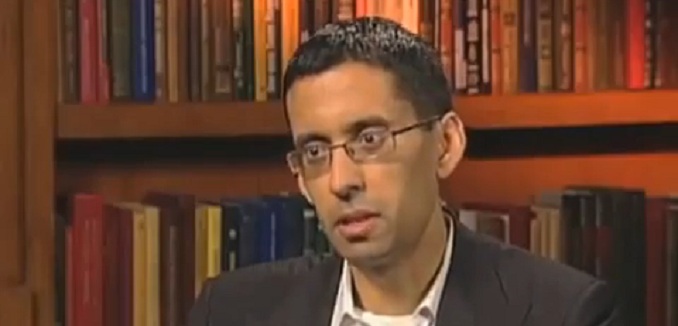Washington Institute managing director Michael Singh late last week sought to outline what a nuclear deal with Iran would look like if the Obama administration and its allies pursue a strategy that holds out sanctions relief until Iran takes long-understood steps to meet roughly a half-dozen United Nations Security Council resolutions calling on it to dismantle its nuclear program. Singh emphasizes that a partial deal on uranium enrichment would, to be meaningful, require Iran to undertake a variety of transparency measures that Tehran seems unwilling to consider. In recent days Iranian parliament speaker Ali Larijani has in fact warned that Iran could step up work at its nuclear facilities if the West presses too hard for concessions related to the country’s atomic program.
“Iranian negotiators should be fully aware of this,” Larijani said. “If parliament feels another powerful party has a double-standard and unjustifiable attitudes, it will approve necessary measures on amount and diversity of nuclear activities.” Larijani did not elaborate, but said there is “no room for trust” yet with the U.S.
In the absence of a “strategic shift by Iran” to open up its program, Singh describes how the U.S.’s regional allies “would distrust Iranian intentions” even as Iran “would bristle at the intrusiveness of inspections” necessary to assure the deal. Under those conditions “a deal on limited enrichment” structured around sanctions relief would be “more likely to increase… tensions than to defuse them,” and would risk a nuclear arms race in the Middle East. Singh instead outlines “a second, more straightforward path to an agreement,” under which Iran would have to fully dismantle its program. Singh’s description comes as U.S. lawmakers are said to be increasingly warming to a proposal under which Iran would be provided with financial nonsanctions relief in exchange for confidence building measures related to its nuclear program. The framework was first proposed by Mark Dubowitz, executive director of the Foundation for Defense of Democracies, and described by Bloomberg columnist Jeffrey Goldberg.
[Photo: Guzzi Mcqueary / YouTube]




